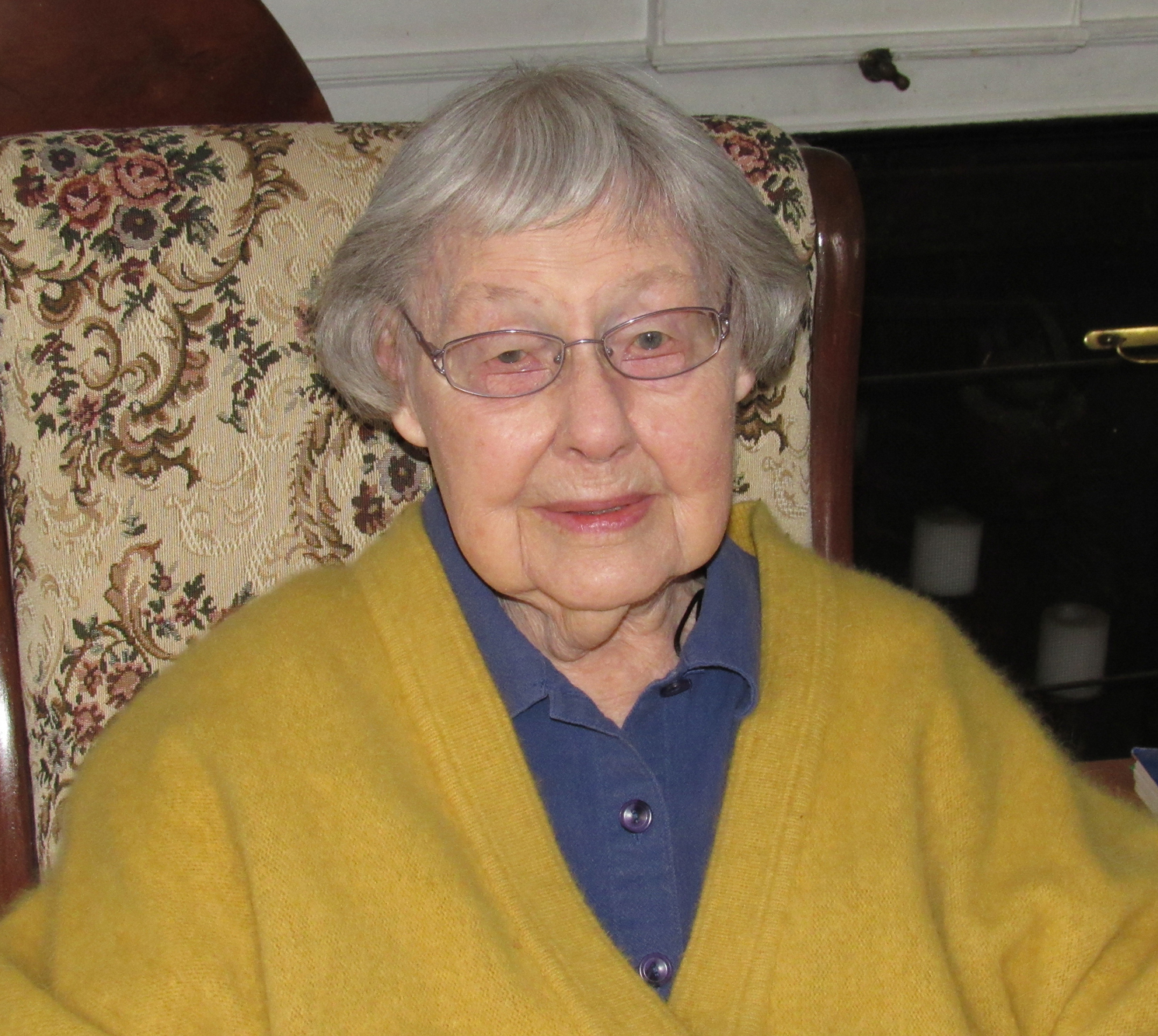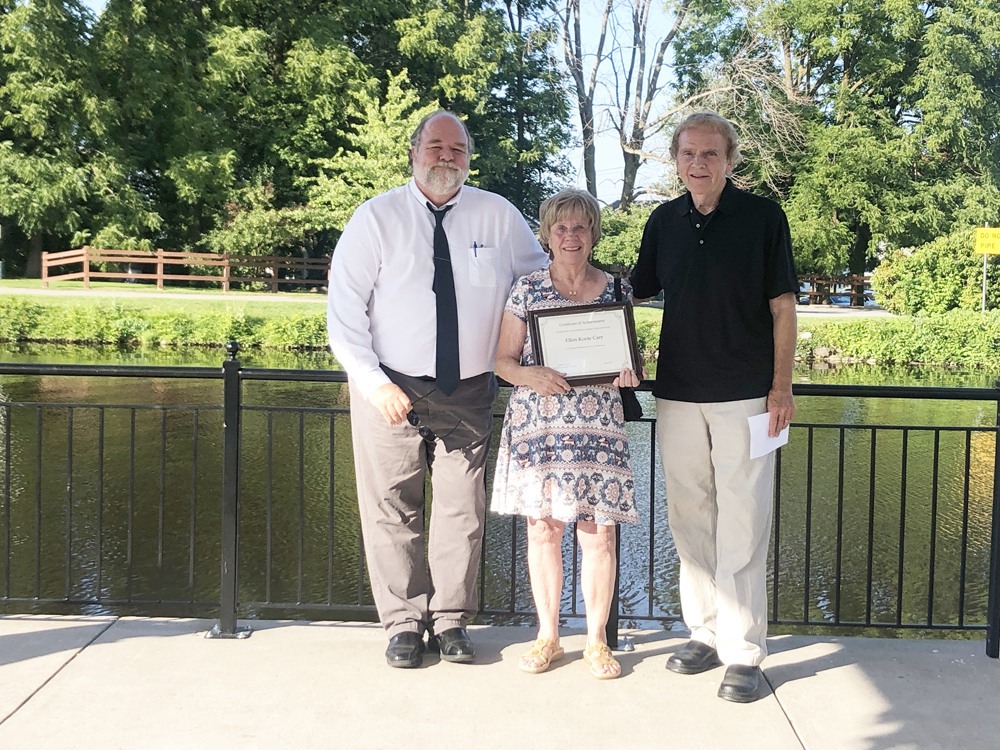Dementia and the caregiver
by Kelly Burley
There are many articles these days about mindfulness and “being present in the moment,” telling us to enjoy the little things life has to offer. What does this mean for someone with Alzheimer’s or dementia? What about the people who care for them? Caregivers often feel that there is not enough time in the day to do what needs to be done, let alone taking time to stop and smell the roses. For someone with dementia, however, smelling the roses may be all that matters.
People with dementia are often trapped inside their own minds with memories they may or may not wish to be reliving. It is important to understand that for someone with dementia, this memory is their reality and the feelings associated with it are very real. People with healthy brains can replay memories like videos in their minds and reminisce fondly about their past. If the video switches to a painful or sad moment, they are able to “change the channel” to something more pleasant and satisfying or at least acknowledge that this was a difficult moment in their life that they were able to overcome and are in a different place now.
Someone with dementia is not able to differentiate between memory and present reality, making whatever video is playing very real to them right now, even if it is just the static between channels.
The goal of the caregiver is to help the person with dementia feel safe and secure in the present moment. This can be challenging when people with dementia appear distant and are unable to accurately communicate what they are thinking or how they are feeling. They do not always react appropriately to what is happening in front of or around them. Caregivers often feel disconnected from the people they support, as people with dementia do not make frequent eye contact and may wander around in search of something even they don’t understand. The conversations they have, if any, are rarely meaningful and are often nonsensical. This can be frustrating as caregivers try to accomplish tasks and feel their loved one is “being difficult.”
Then something magical happens. The “moment of clarity.” The clouds disappear from the person with dementia’s eyes and they are present in the moment. Truly present and focused on the here and now. These moments may be fleeting and it is important for the caregiver to be present as well, so as not to miss it. If we are so focused on the tasks that need to be done instead of where the person with dementia is, we may miss this magical connection. So take the time to be fully present in the moment and be sure to stop to smell the roses whenever they appear. With patience and time, you will gather a beautiful bouquet of memories to hold on to and cherish forever.
Note: Kelly Burley is the Director of Ballantyne Day Services at the Arc of Monroe.



